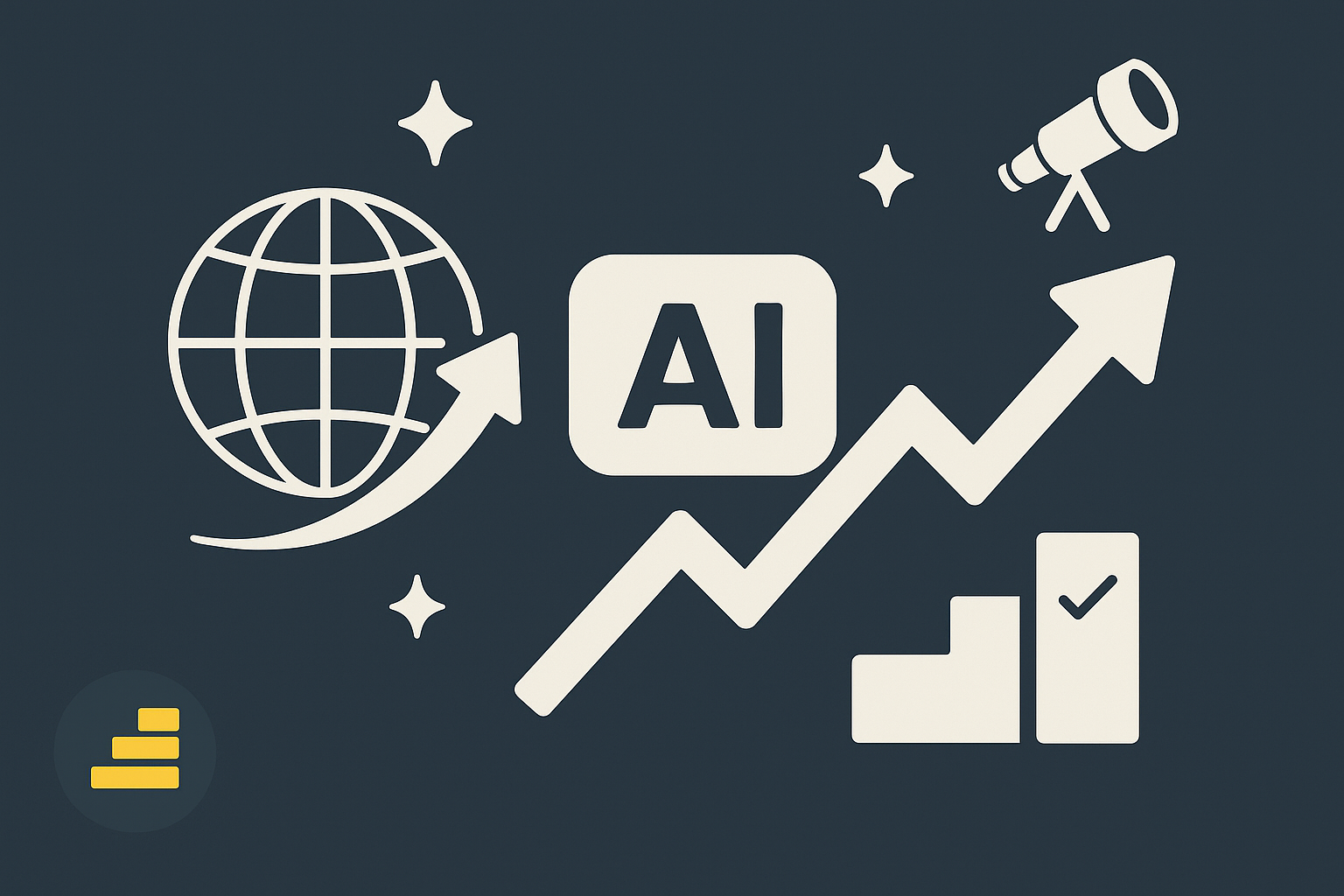A different way of building
Before Sortit.Now, building a product in my spare time felt impossible. The time commitment, the energy, the technical hurdles... it was too much. After 77 days working with AI, I see things differently.
The biggest change is this: I now believe it's realistic for a single person to go from idea to product. Not because I'm smarter, but because I had a new kind of partner. AI didn't make me a super-engineer, it made me fast enough to get things done.
That, to me, is the future.

No-code vs tailor-made with AI
For years, no-code tools have been the promise for non-technical people to build their own solutions. And they do have a place. But for companies (especially tech companies) I think no-code is going to be less relevant.
Why? Because collaboration and coordination are too important. When you can use AI to build tailor-made tools for your company in no time, it feels like the natural step. Instead of adapting processes to fit someone else's software, you build software that fits you.
The same applies to personal productivity and daily tasks. Sortit.Now is proof for me: building my own tool wasn't just simple, it almost felt mandatory. Once you realize how fast and accessible it is, adapting yourself to existing tools feels backwards.
The challenge of building for many vs building for yourself
Creating an app that suits thousands of users is always a challenge. You need to generalize, compromise, and please different needs. But creating an app that suits your own needs feels like a smaller challenge now. AI lowers the complexity and the time so much that "rolling your own" becomes not just possible, but logical.
That's a huge shift. In the past, the cost of building custom apps was higher than the benefit for individuals or small teams. Today, that equation flips.
New possibilities for small businesses
This change doesn't just affect side projects or personal productivity. I think it opens a door for new kinds of businesses.
In the past, many niche ideas never made sense because the cost of building them exceeded the potential benefits. Growth was too limited, investors weren't interested, and the math didn't work.
Now, a single person or a tiny team can build those niche projects. They don't need massive funding. They don't need to chase millions of users. They just need to solve one problem well enough for a small group of people. And that can be enough to live on.
This means unipersonal companies or very small teams will be able to thrive with AI-assisted development. Projects that were impossible before suddenly become sustainable businesses.
My prediction, grounded in my own work
For me, the future isn't about AI replacing developers. It's about AI lowering the barrier to creation. It turns the impossible into possible, the "someday" projects into "I can try this now."
Sortit.Now exists because of that shift. I don't think I would have finished it without AI. But I also know it wouldn't exist without me, without my product decisions, my frustration-driven refactors, my insistence on consistency, and my late-night debugging.
The future, as I see it, is human-AI collaboration becoming the normal way of working. And the developers who thrive will be the ones who learn how to lead AI, not just use it.
Closing
Sortit.Now started as an experiment and became a product. Along the way, I discovered a new way of building that I'll carry with me into every project: faster, more experimental, more creative, but still grounded in the fundamentals of software development.
And beyond my own work, I see something bigger: AI will make tailor-made apps the default for companies, for individuals and for niche businesses. What used to be impossible or unprofitable will now be worth building.
That's the real prediction I can make. Not about the whole industry, but about myself and others like me. Our future as builders will include AI, not as a replacement, but as the partner that finally makes our ideas possible.